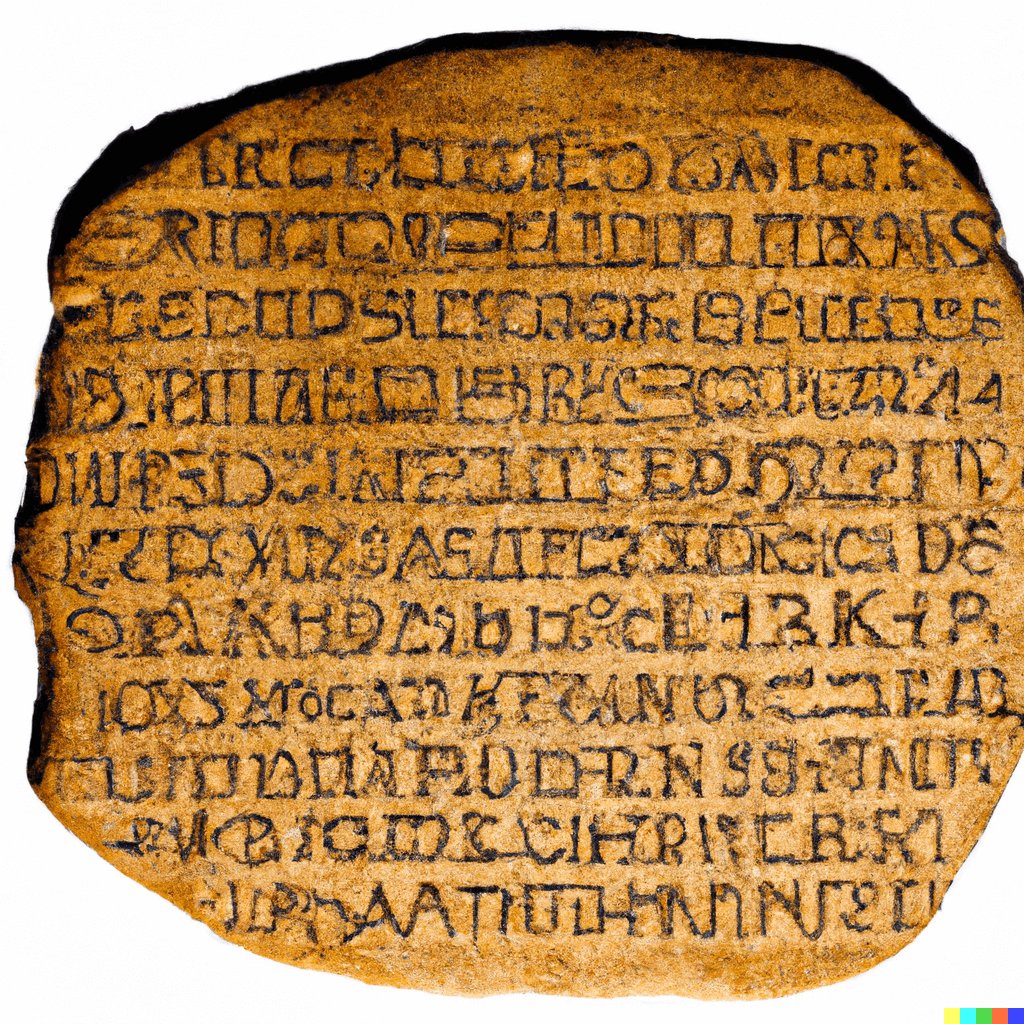Dang Heraclitus’ spitting bars.
For II (D. 34) and III (D. 2) are they referring to specific works by Heraclitus? Soviet Snake, could you share the names as I would like to take a look!
The only surviving texts by Heraclitus are called “Fragments” which are surviving pieces of supposedly the only written book by him. All of these were scattered from others sources such as citations and paraphrasing of his text. For II and III Kahn refers to fragments 2 and 3 of his ordering of the fragments (there is a debate about the ordering except for I where there are 2 other sources of his time that declare that fragment as the beginning of Heraclitus’ book).
They appear in the screenshot, but I will paste them as text below:
II (D. 34) Not comprehending, they hear like the deaf. The saying bears witness to them: absent while present.
III (D. 2) Although the account (logos) is shared, most men live as though their thinking (phronesis) were a private possession.
The D. # refers to the Diels-Kranz numbering, which is what’s been used as the default before and even after Kahn’s. If you have any doubt about the meaning let me know, but I’d argue reading Heraclitus is really good for understanding dialectics and his philosophy still holds true in some way until today.
Thanks for the response!
Heraclitus was always my favorite Pre-Socratic.
BTW, the quote III (D. 2) also appears in Greek in Disco Elysium.
Also Empedocles: “Fools! For they have no far-reaching minds.”
I think Heraclitus case is more based since he literally speaks about the inherent dialectics in all sense of life, and the fact that they cannot understand it, which is literally what happens with liberals, not being able to understand dialectical materialism, so the resonance is bigger. While people say Heraclitus thought that fire was the arche, it honestly was just a metaphor for the logos (dialectics).





